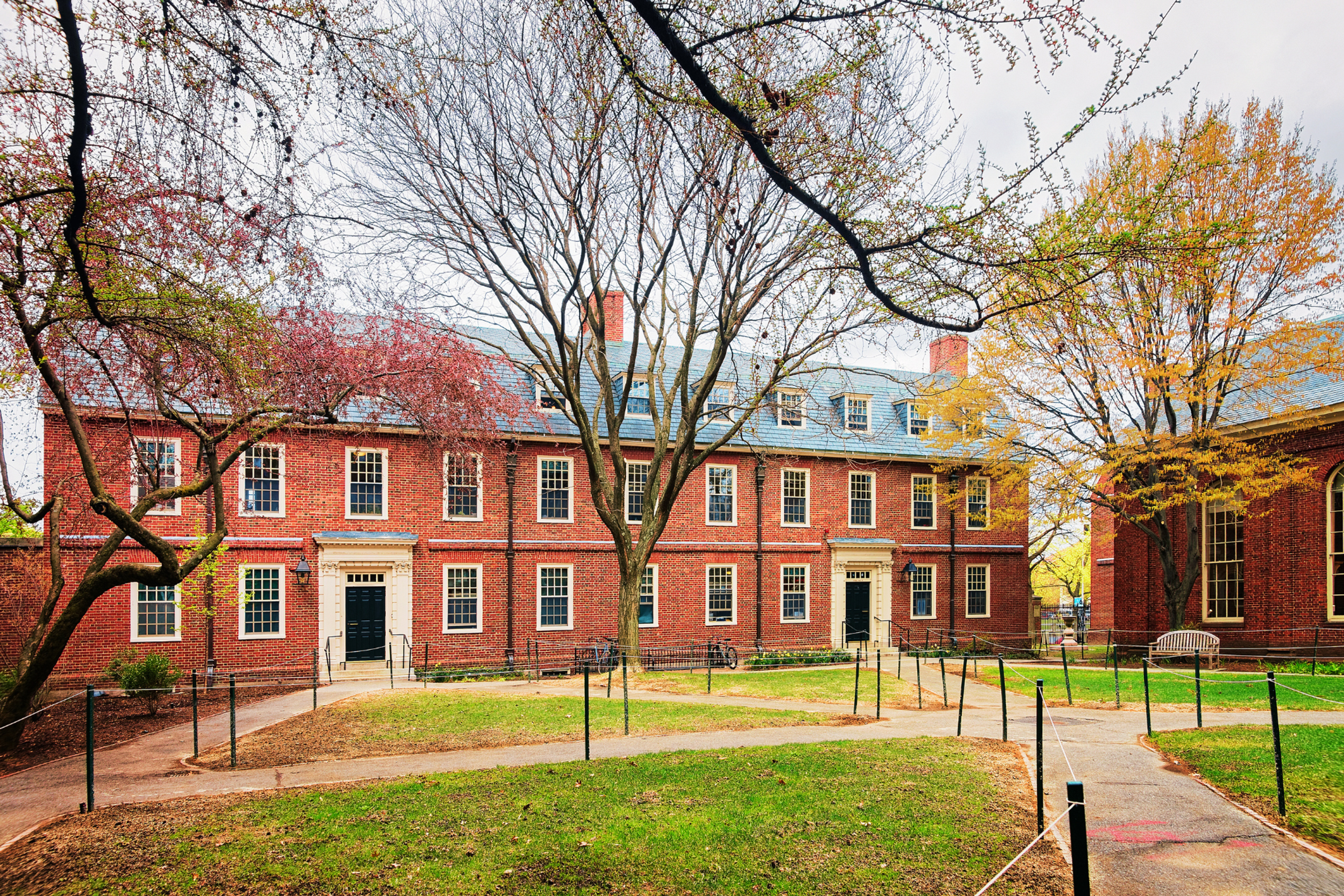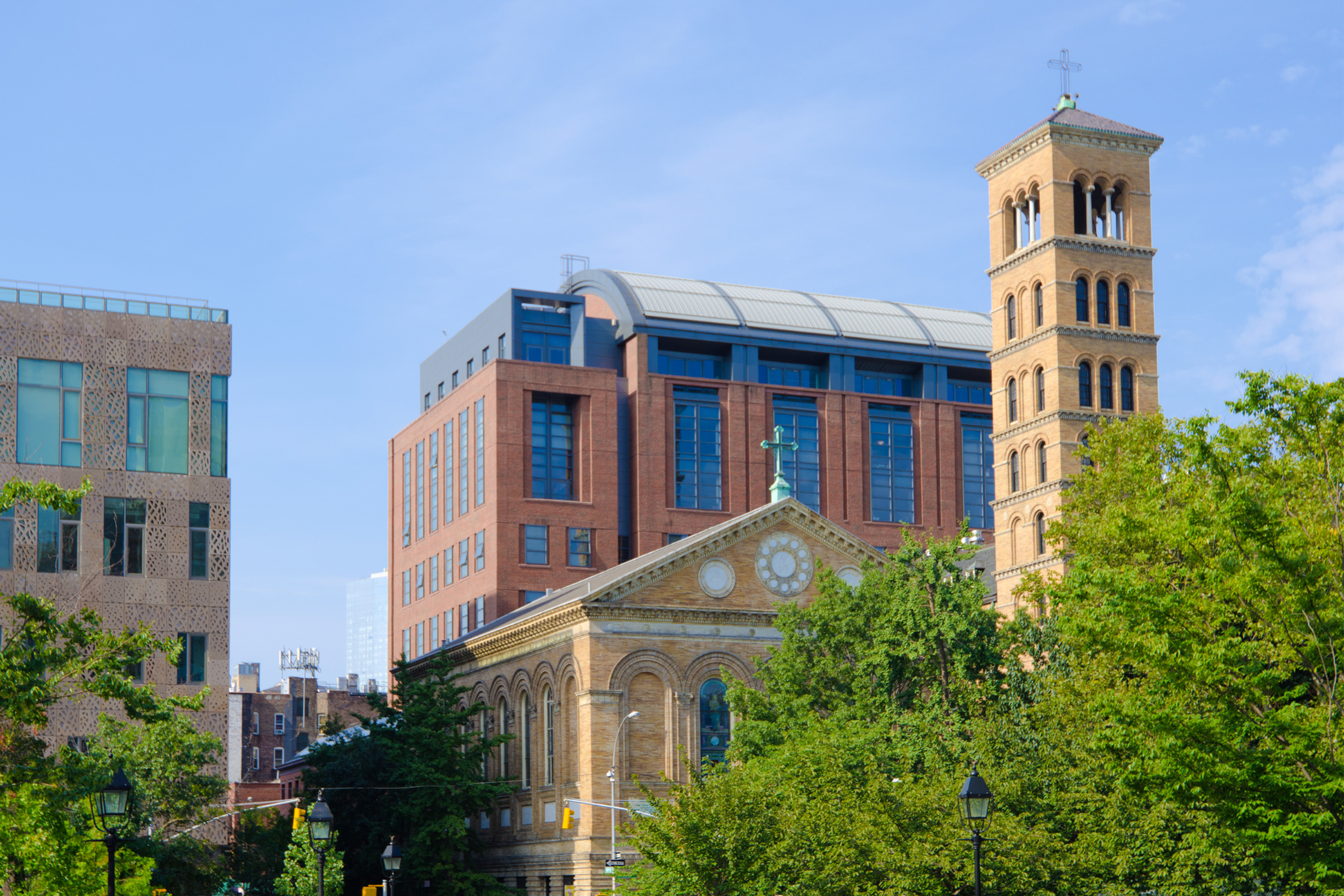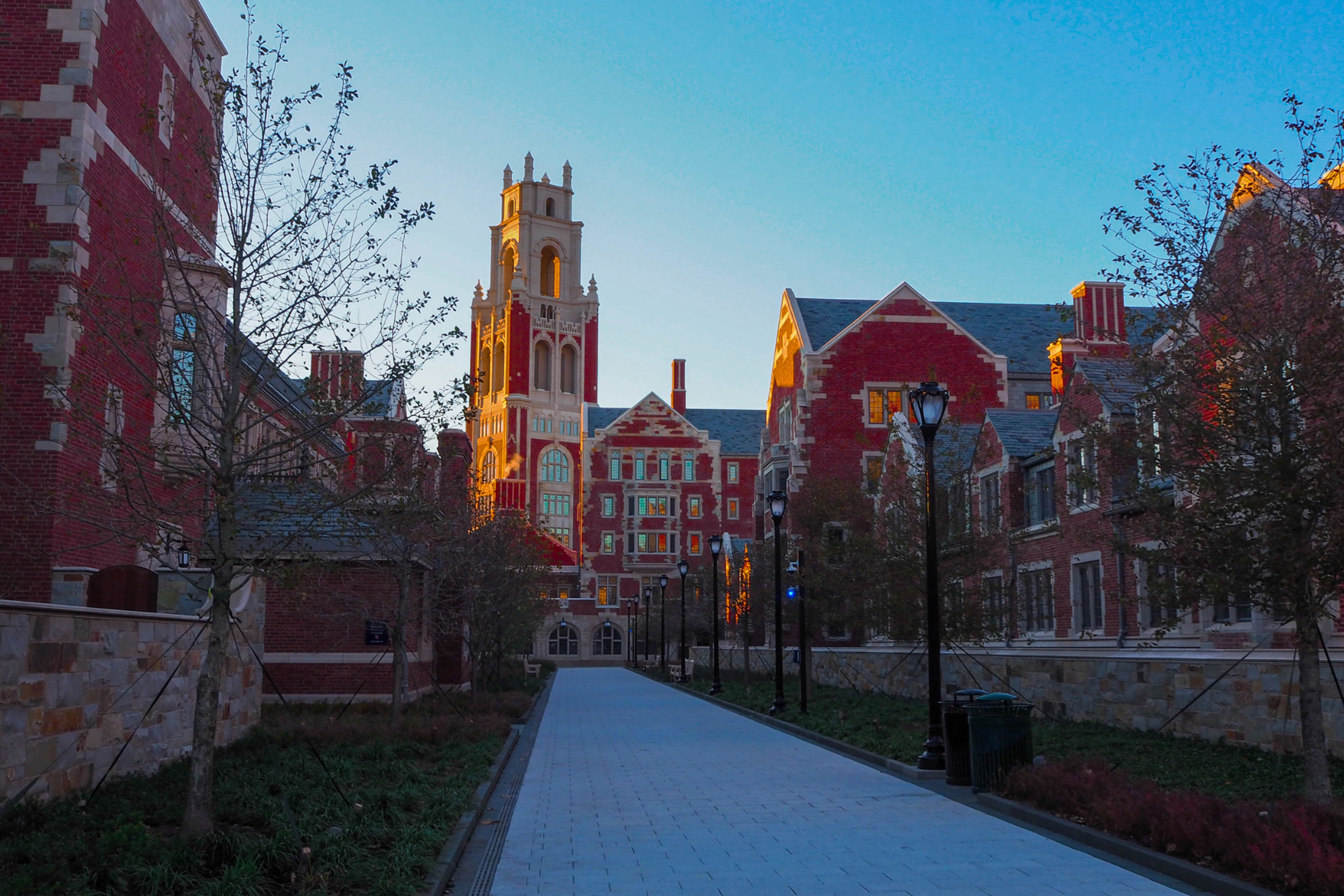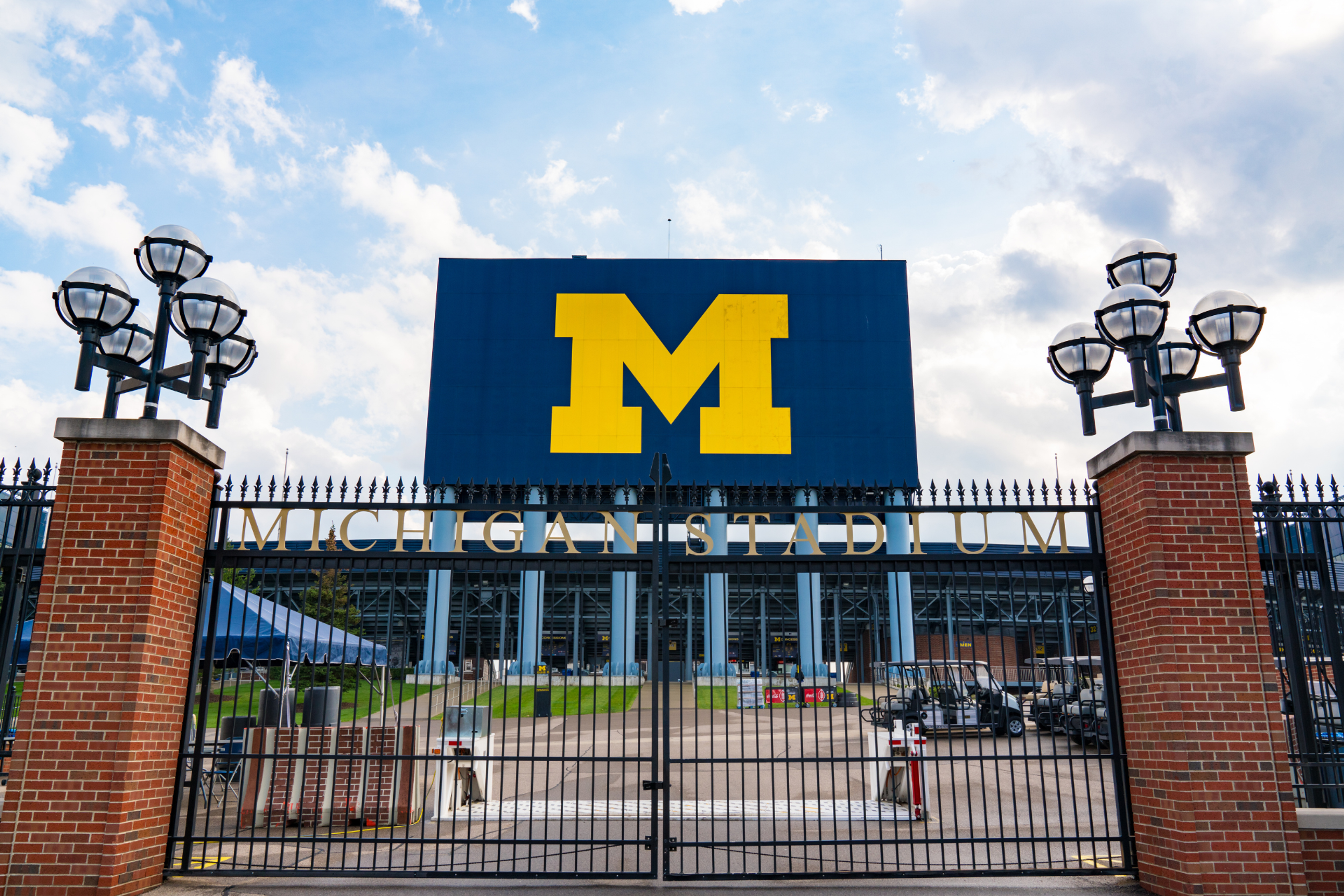Harvard Medical School: Acceptance Rate Overview (2024)
Discover the latest insights into the acceptance rate at Harvard Medical School for 2024.
Posted March 6, 2025

Table of Contents
Harvard Medical School is one of the most prestigious medical schools in the United States. Every year, thousands of aspiring medical professionals dream of getting accepted into this renowned institution. However, with a highly competitive admissions process, it is important to have a clear understanding of the acceptance rates and factors that influence them. In this article, we will provide an in-depth analysis of Harvard Medical School's acceptance rates, discuss the trends and factors influencing these rates, provide strategies to improve your chances of acceptance, compare Harvard's rates with other top medical schools, and help you navigate the admissions process.
Harvard Medical School Acceptance Rates
Having a solid understanding of Harvard Medical School's acceptance rates is vital for prospective applicants. In recent years, the acceptance rate has been steadily decreasing, making it increasingly difficult to secure a spot at this prestigious institution. For the class entering in 2023, the acceptance rate was an incredibly competitive 3.2%. This means that out of 6,986 of applicants, only 222 were fortunate enough to receive an acceptance letter.
The low acceptance rate at Harvard Medical School is a reflection of the school's rigorous selection process and the high caliber of applicants it attracts. Admissions committees evaluate applicants based on various factors such as academic achievements, extracurricular activities, research experience, personal statements, and letters of recommendation. It is essential for aspiring students to excel in these areas to stand out among the pool of highly qualified candidates.
Harvard Medical School, founded in 1782, is one of the oldest and most prestigious medical schools in the United States. Located in Boston, Massachusetts, it is affiliated with several renowned hospitals, including Massachusetts General Hospital and Brigham and Women's Hospital. The school's rich history and strong reputation attract top-tier faculty and students from around the world.
Harvard Medical School offers a comprehensive curriculum that combines classroom learning with hands-on clinical experience. Students have the opportunity to learn from world-class physicians and researchers, gaining valuable knowledge and skills that will prepare them for successful careers in medicine. The school also emphasizes the importance of research, encouraging students to engage in groundbreaking scientific inquiry.
As a Harvard Medical School student, you will have access to state-of-the-art facilities and resources. The school is equipped with cutting-edge laboratories, simulation centers, and libraries that provide a conducive learning environment. Additionally, students have the opportunity to participate in various student organizations and extracurricular activities, fostering a sense of community and collaboration.
Harvard Medical School is committed to promoting diversity and inclusion within its student body. The school values individuals from different backgrounds and experiences, recognizing the importance of a diverse healthcare workforce. Students at Harvard Medical School have the opportunity to learn from and work alongside peers with diverse perspectives, enhancing their understanding of healthcare disparities and cultural competence.
Graduates of Harvard Medical School are highly sought after by prestigious hospitals, research institutions, and academic centers worldwide. The school's reputation for producing exceptional physicians and leaders in the field of medicine opens doors to a wide range of career opportunities. Alumni have gone on to make significant contributions to medical research, patient care, and healthcare policy.
Read: Medical School Acceptance Rates: What You Need to Know and How to Improve Your Chances
Consider the Trends and Factors
When analyzing the acceptance rates at Harvard Medical School, it is essential to consider the trends and factors that influence these rates. Over the years, there has been a significant increase in the number of applications received by the school. This surge in applications has led to a more competitive admissions process.
One factor that plays a crucial role in the acceptance rates is the academic excellence of the applicants. Harvard Medical School seeks individuals who have excelled academically, not just in science and medicine, but also in other areas of study. Strong performance in prerequisite courses, a high GPA, and impressive standardized test scores are essential for showcasing your academic abilities and increasing your chances of acceptance.
Harvard Medical School also values extracurricular activities and leadership experiences. Applicants who demonstrate a genuine passion for serving others, engaging in community service, and participating in leadership roles stand a better chance of being accepted. Admissions committees look for well-rounded individuals who can contribute to the medical community both inside and outside the classroom.
5 Strategies to Improve Your Acceptance Chances
Securing a spot at Harvard Medical School requires thoughtful planning and careful execution. Here are some strategies that can improve your chances of acceptance:
- Academic Excellence: Prioritize your academic performance by excelling in prerequisite courses and obtaining strong grades. Prepare rigorously for standardized tests such as the MCAT to showcase your aptitude for medical studies.
- Research Experience: Engage in scientific research to demonstrate your intellectual curiosity, critical thinking skills, and commitment to advancing medical knowledge.
- Extracurricular Involvement: Participate in activities that highlight your leadership skills, community service, and dedication to making a positive impact in the field of medicine.
- Strong Personal Statement: Craft a compelling personal statement that showcases your motivations, experiences, and aspirations in a way that resonates with the mission and values of Harvard Medical School.
- Letters of Recommendation: Seek letters of recommendation from individuals who know you well and can speak to your qualifications, character, and potential for success in the medical profession.
By following these strategies, you can enhance your application and increase your chances of being accepted into Harvard Medical School.
Harvard's Rates Compared with Other Top Schools
When considering medical school options, it is important to compare acceptance rates across different institutions. While Harvard Medical School is known for its exceptionally low acceptance rate, other top medical schools also have highly competitive admissions processes.
For example, schools such as Stanford University School of Medicine, Johns Hopkins University School of Medicine, and University of Pennsylvania Perelman School of Medicine have acceptance rates in the range of 2-4%. These schools attract outstanding applicants from around the world, making the competition fierce.
However, it is important to remember that acceptance rates alone should not be the sole determining factor in selecting a medical school. Other considerations such as curriculum, research opportunities, faculty, location, and personal fit should also be taken into account.
Overview of the Admissions Process
The admissions process at Harvard Medical School is a comprehensive and multi-step evaluation of applicants. It starts with the completion and submission of the primary application through the American Medical College Application Service (AMCAS). Upon review of the primary application, a select group of applicants is invited to submit the secondary application, which includes additional essays and questionnaires.
From there, a subset of applicants is granted interviews, typically conducted on-campus. Interviews provide an opportunity for the admissions committee to assess an applicant's interpersonal skills, professionalism, and compatibility with the school's mission.
After the interview stage, the final decisions are made, and acceptance offers are extended to the most exceptional candidates. It is important to note that the admissions process is highly subjective and holistic, taking into account not only an applicant's qualifications but also their personal qualities and potential to contribute to the field of medicine.
Read these next:












